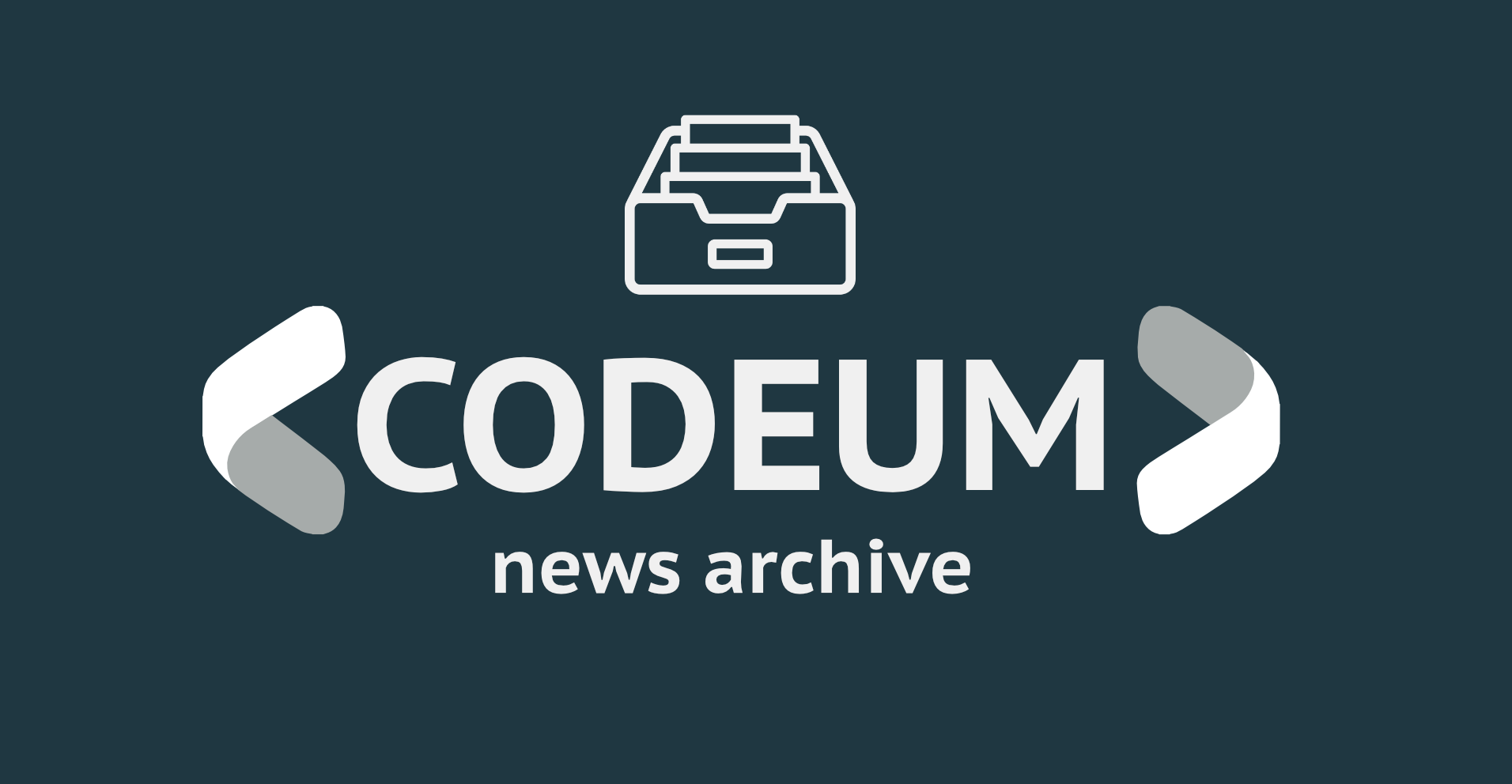
Cardano ($ADA) Founder on Importance of Appropriate Crypto Regulation
On Thursday (June 23), Charles Hoskinson, who is Co-Founder and CEO of IO Global (aka “IOG”, formerly known as “IOHK”), the company responsible for Cardano’s research and development, talked about “the importance of appropriate & responsible regulation” for the crypto industry.
His comments were made while he was providing testimony and responding to questions from members of the U.S. House Subcommittee on Commodity Exchanges, Energy and Credit.
According to the transcript of this testimony, which was published in an IOG blog post on June 23, Hoskinson had this to say about crypto regulation:
“I0G, myself and many others in the industry are in favor of and support appropriate and responsible regulation of digital assets and blockchain technology. However, this is a new technology and a radically new asset class that can not readily fit within the confines of the laws and tests created almost a century ago.
“Cryptocurrencies are financial stem cells— programmable software that can be nearly any asset and can change over time. In fact, no two cryptocurrencies are alike and the uses, functions and features of cryptocurrencies can vary depending on who is holding the cryptocurrency, why and where. Cryptocurrency can be used to verify data, transfer information or value, purchase goods, provide access to services, serve as a reward or membership program, act as a store of value or as an investment, all at the same time or at different times over the life of the cryptocurrency.
“The United States legislature has never tried to regulate something that could be so many different things at the same time. Yes, some cryptocurrencies may be securities, some may be commodities, some may be both, but many may not be either. Regardless of how a cryptocurrency is labeled, three things should be kept in mind: (i) the existing U.S. regulatory regimes never contemplated such an asset, (ii) without cryptocurrencies, most blockchain technologies simply will not function and (iii) any regulatory goals should be to promote appropriate consumer protections and assure market integrity. The last can be achieved through regulatory approaches that do not necessarily require labeling a cryptocurrency as either a security or commodity.
“U.S. securities laws achieve investor and market protections based on the assumption that there is and will always be a centralized entity (e.g. a corporation who is identifiable and can permanently assume the role of providing financial and other data to the holders of its equity). Some blockchain technologies, and thus cryptocurrencies may initially be created or backed by a somewhat centralized entity similar to a corporation but many times that is not the case and over time, virtually all cryptocurrencies and blockchains exist without any centralized entity that can be identified as the party supporting such technology. The existing laws and regulations that assume the existence of such centralized and responsible parties simply and logically cannot work in the case of blockchain technology and the cryptocurrencies that drive such technologies.
“Responsible regulation should start with an understanding as to the critical role blockchain technologies can play for assuring American competitiveness, America’s security, particularly digital infrastructure, financial inclusion for Americans and promotion of economic development and growth.“
On June 19, Hoskinson talked about the FinTech firm’s court battle with the U.S. Securities and Exchange Commission (SEC), which is arguing that XRP is an unregistered security.
As you may remember, on 22 December 2020, the SEC announced that it had “filed an action against Ripple Labs Inc. and two of its executives, who are also significant security holders, alleging that they raised over $1.3 billion through an unregistered, ongoing digital asset securities offering.” Essentially, the SEC is arguing that XRP is a security under U.S. federal securities laws.
The IOG CEO was talking about this lawsuit during an interview with crypto influencer Ben Armstrong (who goes by the moniker “BitBoy Crypto” on social media platforms).
According to a report by The Daily Hodl, Hoskinson said:
“It’s just an example of what happens when you do regulation through enforcement instead of legislation… You should have clear, understandable standards. And there should be a clear process for people to adhere and comply with those standards. For example, with the Ethereum crowd sale in Switzerland, we just asked the Swiss government, and after a few weeks of haggling, they told us what to do, and we had a thing, and it was over.
“The SEC tends not to issue no-action letters in a meaningful way for the industry. So there’s no real good means of interfacing and integrating, and in the absence of that, people have different opinions, and there are winners and losers, and sometimes people get away with crazy stuff.“
[embed]
Source link